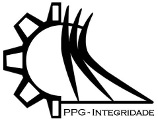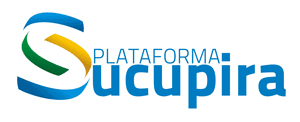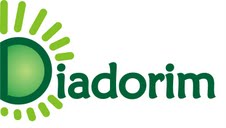DEVELOPMENT OF A COMPUTER CODE USING THE LAGRANGIAN SMOOTHED PARTICLE HYDRODYNAMICS (SPH) METHOD FOR SOLUTION OF PROBLEMS IN FLUID DYNAMICS AND HEAT TRANSFER
DOI:
https://doi.org/10.26512/ripe.v2i27.14444Resumo
Abstract. The Lagrangian Meshless Smoothed Particle Hydrodynamics (SPH) method is na alternative to the traditional mesh Eulerian methods for solving engineering problems. Although it began to be used a few decades ago, SPH method has advantages compared to methods with meshes, in the numerical solution of classical problems studied in engineering courses. The numerical SPH method allows a better visualisation of the spatio-temporal evolution of the flow (and the fluid properties), and a lower computational cost in the study of complex geometries with topological changes or free surfaces, providing stable numerical solutions. There has been an increase in the applications of particle methods in Computational Fluid Dynamics (CFD) courses, in the area of fluids and thermal sciences. A computer code has been developed and implemented using FORTRAN Programming Language. Three classical engineering problems have been simulated: diffusion in a flat plate, still fluid within an immobile reservoir and dam breaking. In code validation, numerical results obtained showed a good agreement with the analytical and experimental results reported in the literature. The numerical code developed and presented in this work, is a valuable tool for the teaching of CDF in engineering courses. Keywords: CFD education, Computer code, Smoothed Particle Hydrodynamics method, SPH, Meshless method, Engineering courses.Downloads
Downloads
Publicado
Como Citar
Edição
Seção
Licença
Autores que publicam nesta revista concordam com os seguintes termos:
Autores mantém os direitos autorais e concedem à revista o direito de primeira publicação, sendo o trabalho simultaneamente licenciado sob a Creative Commons Attribution License o que permite o compartilhamento do trabalho com reconhecimento da autoria do trabalho e publicação inicial nesta revista.
Autores têm autorização para assumir contratos adicionais separadamente, para distribuição não-exclusiva da versão do trabalho publicada nesta revista (ex: publicar em repositório institucional ou como capítulo de livro), com reconhecimento de autoria e publicação inicial nesta revista.
Autores têm permissão e são estimulados a publicar e distribuir seu trabalho online (ex: em repositórios institucionais ou na sua página pessoal) a qualquer ponto antes ou durante o processo editorial, já que isso pode gerar alterações produtivas, bem como aumentar o impacto e a citação do trabalho publicado.









